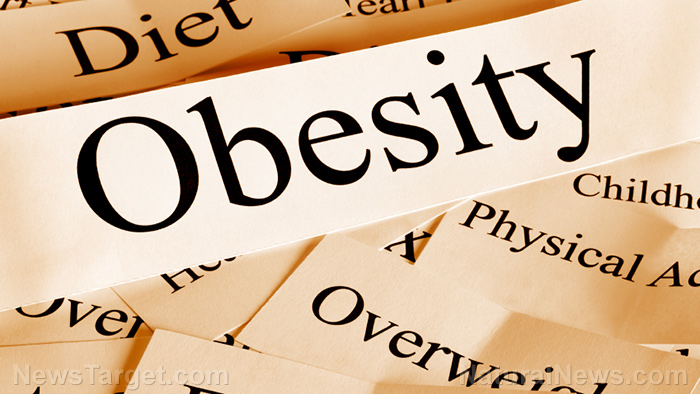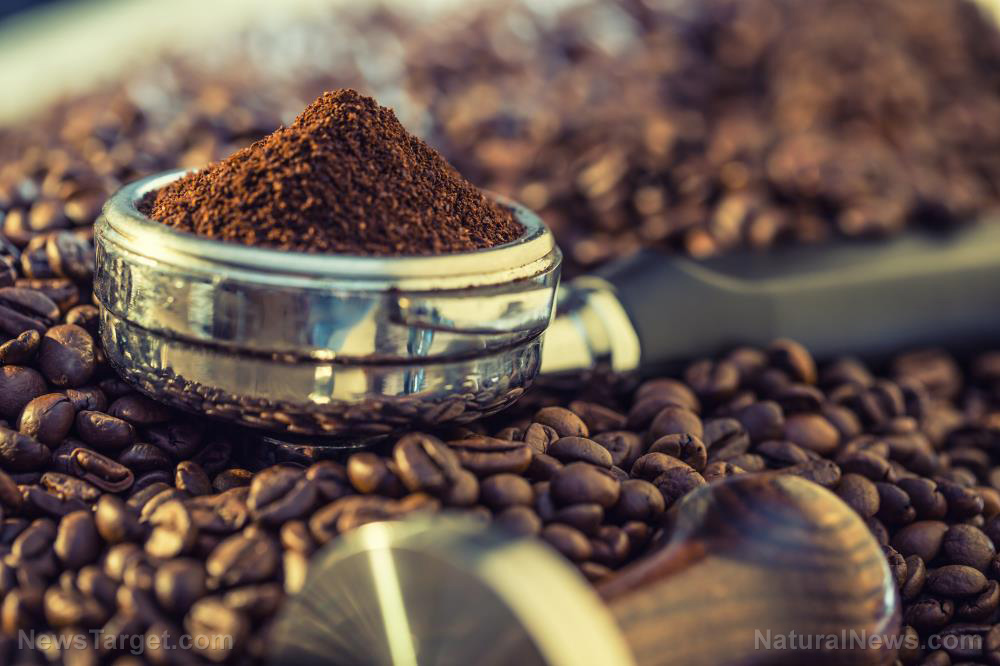Glutathione could become a major player in the battle against obesity and chronic disease
03/02/2019 / By Cassie B.

Solutions to the obesity epidemic tend to fall into one of two categories: Lifestyle changes like increasing your exercise and improving your diet remain the safest and most effective approaches. There are also “quick fix” options like diet pills, which appeal to many but carry too many side effects. However, there is one option that sits in the middle and tends to get glossed over despite its tremendous potential: glutathione.
Glutathione is an antioxidant molecule that is produced by the body, and researchers believe it is poised to become a significant player in the fight against not just obesity but also chronic disease. It can help your body to burn fat and trigger weight loss while boosting health overall. The good news is that it’s naturally produced by the body. The bad news? Many people simply don’t produce enough of it to be helpful.
One of the biggest culprits when it comes to glutathione depletion is aging. While there is nothing you can do to control this, there are other factors that you do have some influence over; exposure to toxins in the environment, EMFs, medications and pesticides also deplete glutathione. Poor nutrition and inadequate sleep are also factors.
Have you ever noticed that as you get older, you can’t eat the way you did when you were younger without gaining extra weight? This can be explained, at least to some extent, by the lower glutathione levels that come with age. In a study that was published in the journal Aging Cell, scientists discovered that correcting glutathione deficiencies can help restore the body’s fat-burning ability to the levels enjoyed by people who are young and healthy. In mice studies, glutathione supplementation led to reduced weight and body fat as well as a lower risk of developing type 2 diabetes. Best of all, this was accomplished without any negative side effects.
There’s another reason you might want to focus on glutathione: A deficiency has been linked to the storage of excess fat, greater oxidative stress, and a higher risk of problems like autism, neurodegenerative diseases like Parkinson’s, and cardiovascular disease.
In addition, glutathione can help your body flush out the toxins released when it burns fat so they aren’t reabsorbed by your body. It also helps your liver process fats more efficiently and improves insulin resistance.
How can you raise your glutathione levels?
It sounds like glutathione supplements would be an easy fix to this problem, but there’s one big stumbling block: glutathione has very low bioavailability. Researchers believe that glutathione precursors like N-acetyl cysteine could help to mitigate this problem, however.
Right now, the best approach is to consume enough of the nutrients that help your body synthesize its own glutathione. Because it’s made up of sulfur compounds, that means you’re going to want to focus on foods like onions and garlic, along with cruciferous vegetables. Broccoli, cauliflower, Brussels sprouts and cabbage should start featuring prominently in your meals.
Some other good foods to eat to boost your body’s natural production of glutathione include eggs, legumes, nuts, and lean protein like chicken or fish, along with flaxseed, whey and milk thistle.
Regular exercise can also help your body boost its glutathione levels. Experts suggest half an hour per day of vigorous aerobic exercise or activity if this is your goal. Of course, doing so will also give your weight loss efforts a boost on its own.
Reaching – and then maintaining – a healthy weight can be challenging, but it’s essential if you want to reduce your risk of disease. While it’s certainly important to avoid unhealthy foods when you’re losing weight, eating the right ones – like those that boost glutathione production – can be just as useful when it comes to fighting obesity.
Sources for this article include:
Submit a correction >>
Tagged Under:
antioxidants, cruciferous vegetables, fat burning, fight obesity, fitness, food is medicine, Glutathione, natural remedies, obesity, prevention, slender, supplements, weight loss
This article may contain statements that reflect the opinion of the author
RECENT NEWS & ARTICLES
COPYRIGHT © 2017 FIGHTOBESITY.NEWS
All content posted on this site is protected under Free Speech. FightObesity.news is not responsible for content written by contributing authors. The information on this site is provided for educational and entertainment purposes only. It is not intended as a substitute for professional advice of any kind. FightObesity.news assumes no responsibility for the use or misuse of this material. All trademarks, registered trademarks and service marks mentioned on this site are the property of their respective owners.





















